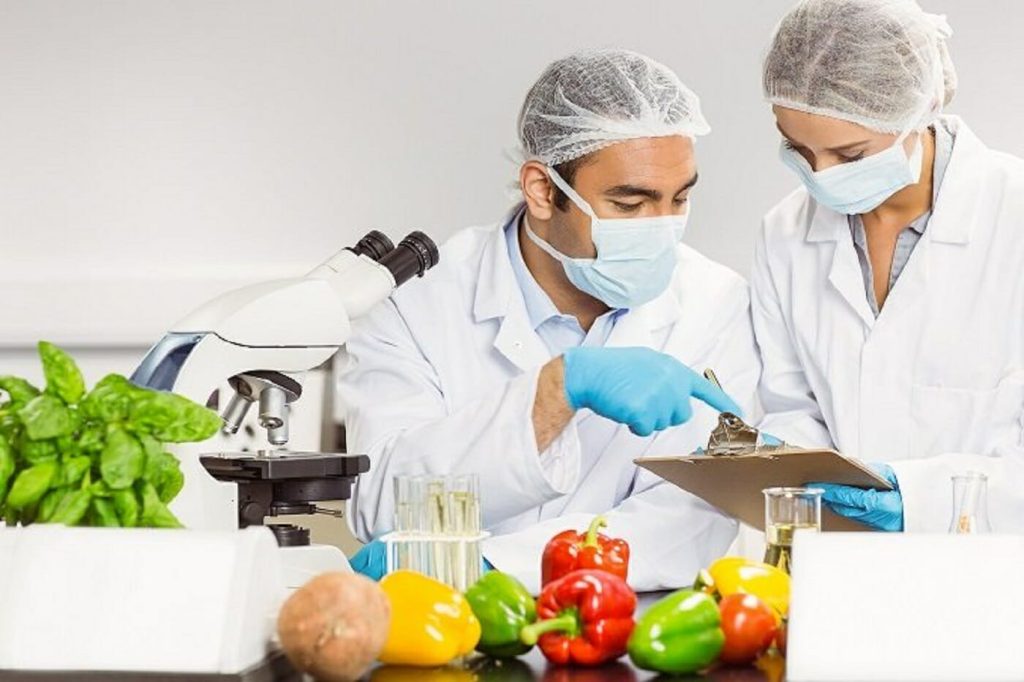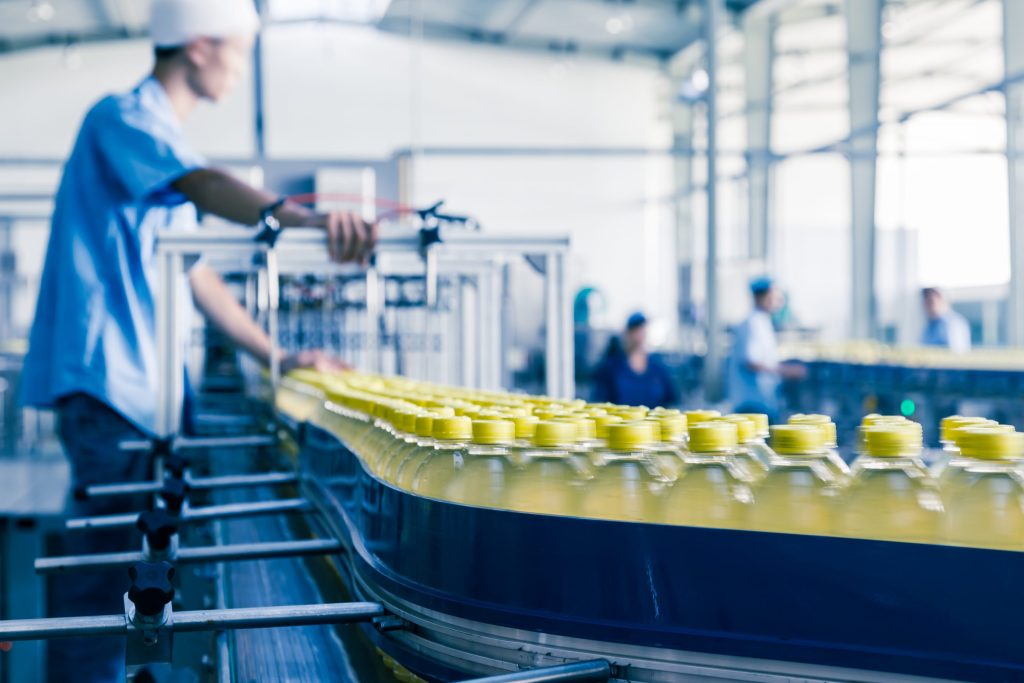The food safety service industry plays a critical role in protecting public health by ensuring that the food we consume is safe and free from harmful contaminants. Within this industry, sanitation specialists are at the forefront of ensuring that proper hygiene and sanitation practices are followed throughout the entire food supply chain.
However, despite their important role, these professionals face numerous challenges in carrying out their duties effectively. In this section, we will take a closer look at some of the major challenges faced by food safety service companies and sanitation specialists.
1. Compliance with Regulations
One of the biggest challenges faced by food safety service companies and sanitation specialists is keeping up with constantly evolving regulations and guidelines. The food industry is heavily regulated to ensure that all products are safe for consumption, which means that sanitation specialists must be well-versed in various laws and regulations to ensure compliance.
This can be particularly challenging as new regulations are introduced or existing ones are updated on a regular basis. It requires constant training and education for sanitarians to stay up-to-date with these changes and implement them effectively within their organizations.
2. Resource Constraints
Another significant challenge faced by food safety service companies is resource constraints, both in terms of finances and manpower. Many small businesses may not have the budget to hire full-time sanitation specialists or invest in advanced equipment for testing and monitoring purposes.
Similarly, larger organizations may struggle with having enough trained personnel to cover all areas of operations adequately. This can lead to delays in inspections or gaps in monitoring protocols, leaving room for potential issues to arise.
3. Ensuring Consistency and Standardization
Food safety service companies must also ensure consistency and standardization in their operations, which can be a daunting task. This is particularly challenging for larger organizations with multiple locations or franchises, where maintaining the same level of sanitation practices across all facilities may be difficult.
Without proper standardization, there is a risk of inconsistency in food safety practices, which can lead to increased risks of foodborne illnesses and other issues.
4. Keeping Up with New Technologies
As technology continues to advance, sanitation specialists must also keep up with new tools and techniques that can aid in their work. This includes advanced equipment for testing and monitoring, as well as digital systems for record-keeping and data analysis.
However, not all companies may have the resources or knowledge to adopt these technologies effectively. This can create barriers for smaller organizations and lead to disparities in food safety practices across the industry.
5. Dealing with Food Fraud
Food fraud, or the deliberate misrepresentation of food products for economic gain, is another significant challenge faced by food safety service companies and sanitation specialists. It can include activities such as adulteration (mixing lower-quality ingredients into a product), mislabeling (false claims about ingredients or origin), or counterfeiting (imitating a recognized brand or product).
Food fraud not only undermines consumer trust but can also lead to serious health risks. Detecting and preventing food fraud requires specialized knowledge and resources, which may be lacking in some organizations.


